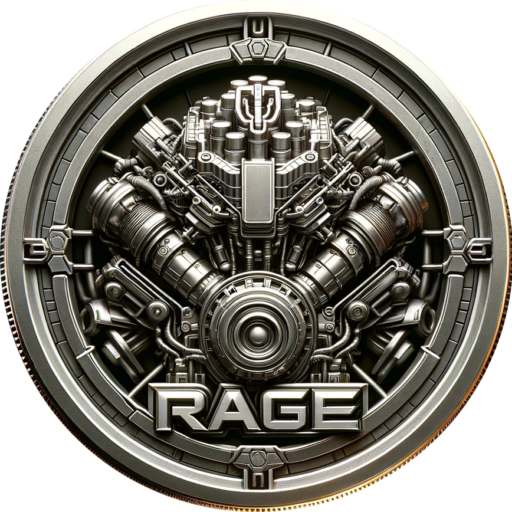Prompt Engineering
Principles, Techniques, and Future Directions Prompt engineering, at its core, represents the art and science of meticulously designing and refining textual inputs, known as prompts, to effectively guide artificial intelligence models, particularly large language models (LLMs) and generative AI, towards producing desired and relevant outputs. This burgeoning field focuses on crafting effective prompts that unlock the capabilities of LLMs, enabling them to understand intent, follow instructions, and generate meaningful responses across a wide array of […]
Understanding Vibe Coding in the Age of AI
Riding the Wave The software development landscape is undergoing a profound transformation, with artificial intelligence (AI) emerging as a central force shaping how software is conceived and brought to life. Among the novel trends capturing the attention of the technology community is “vibe coding,” a programming paradigm that gained significant traction in early 2025. This approach signifies a fundamental shift away from traditional manual coding practices, with AI taking on a much more active role […]

Burn: PyTorch Integration for Deep Learning
Introduction: Rust Rises in Deep Learning with the Burn Framework The deep learning landscape is in constant evolution, with a growing emphasis on performance, flexibility, and deployment across diverse hardware. The Rust programming language has emerged as a compelling choice for building high-performance, reliable software. Its inherent safety, efficient memory management, and concurrency support make it perfectly suited for the computationally intensive nature of machine learning. The Burn framework is a significant development, offering a […]
